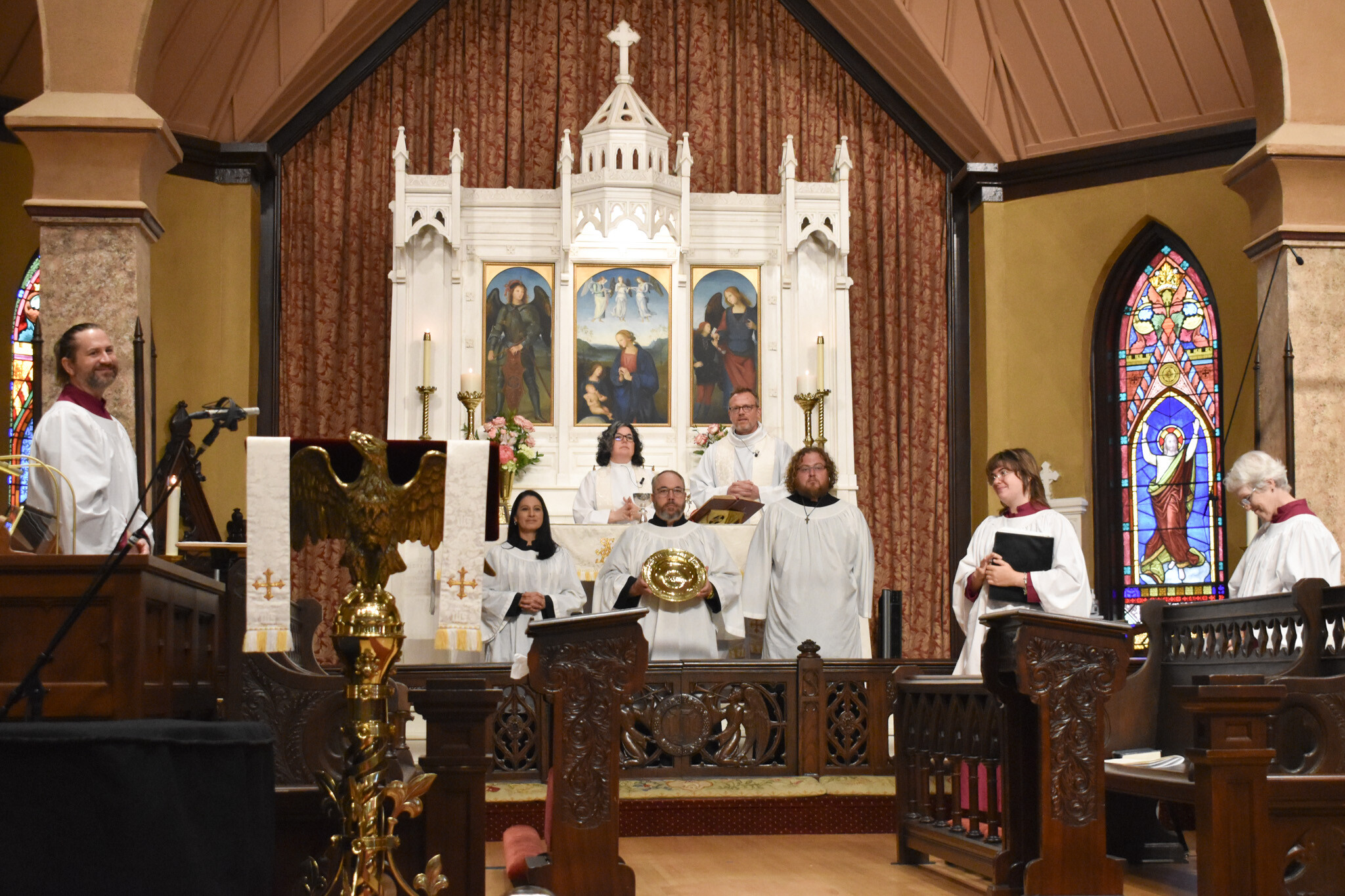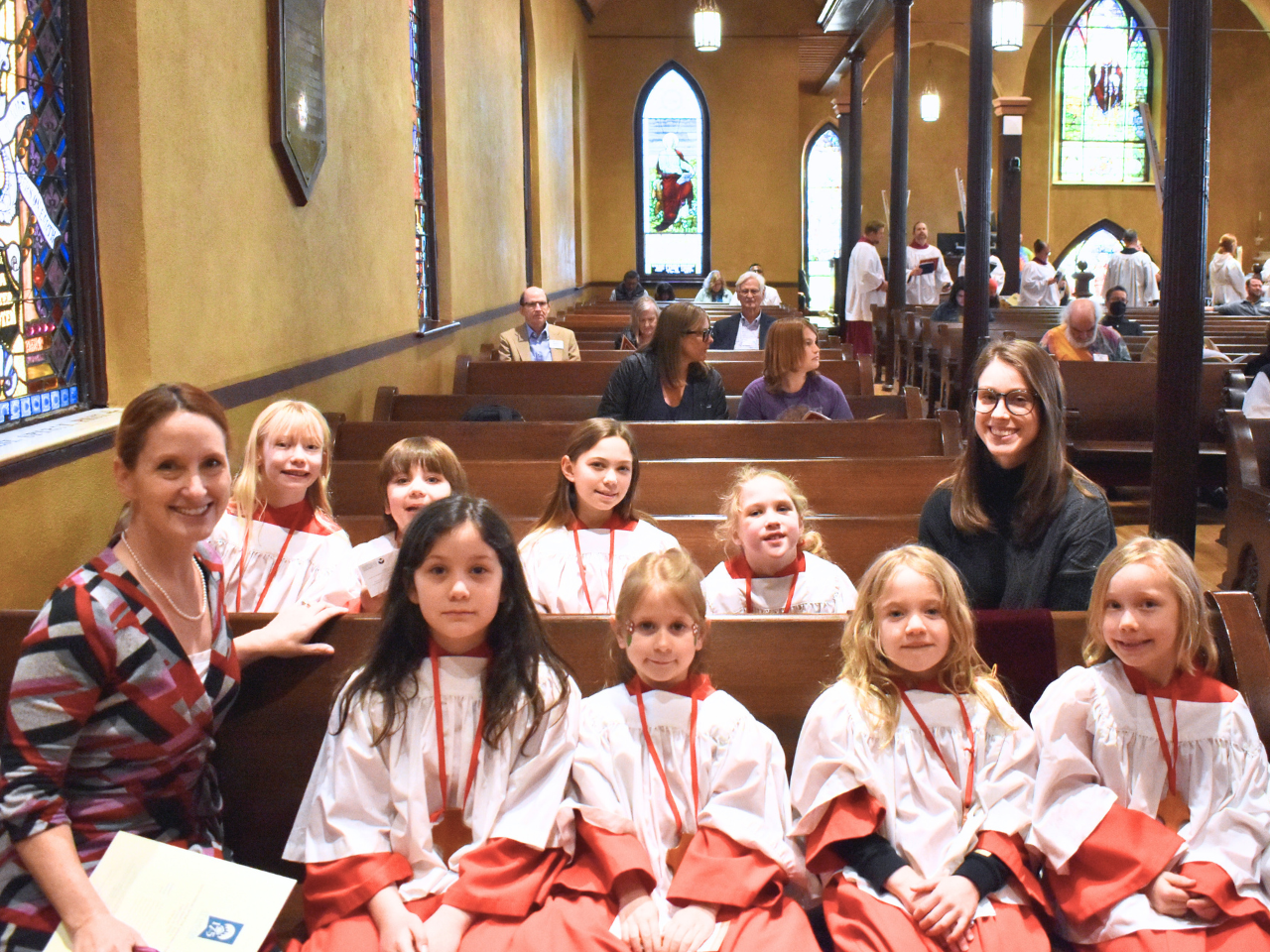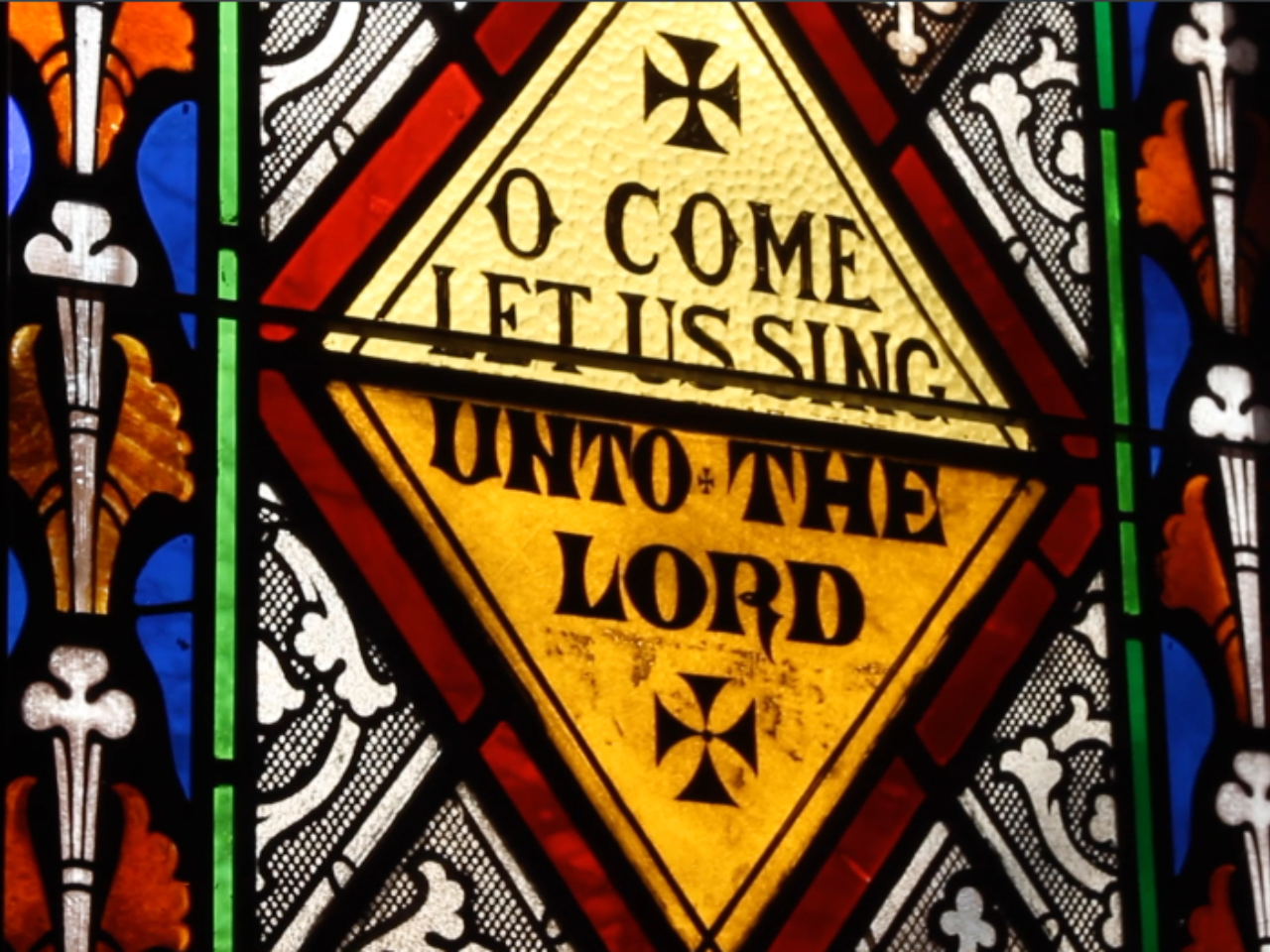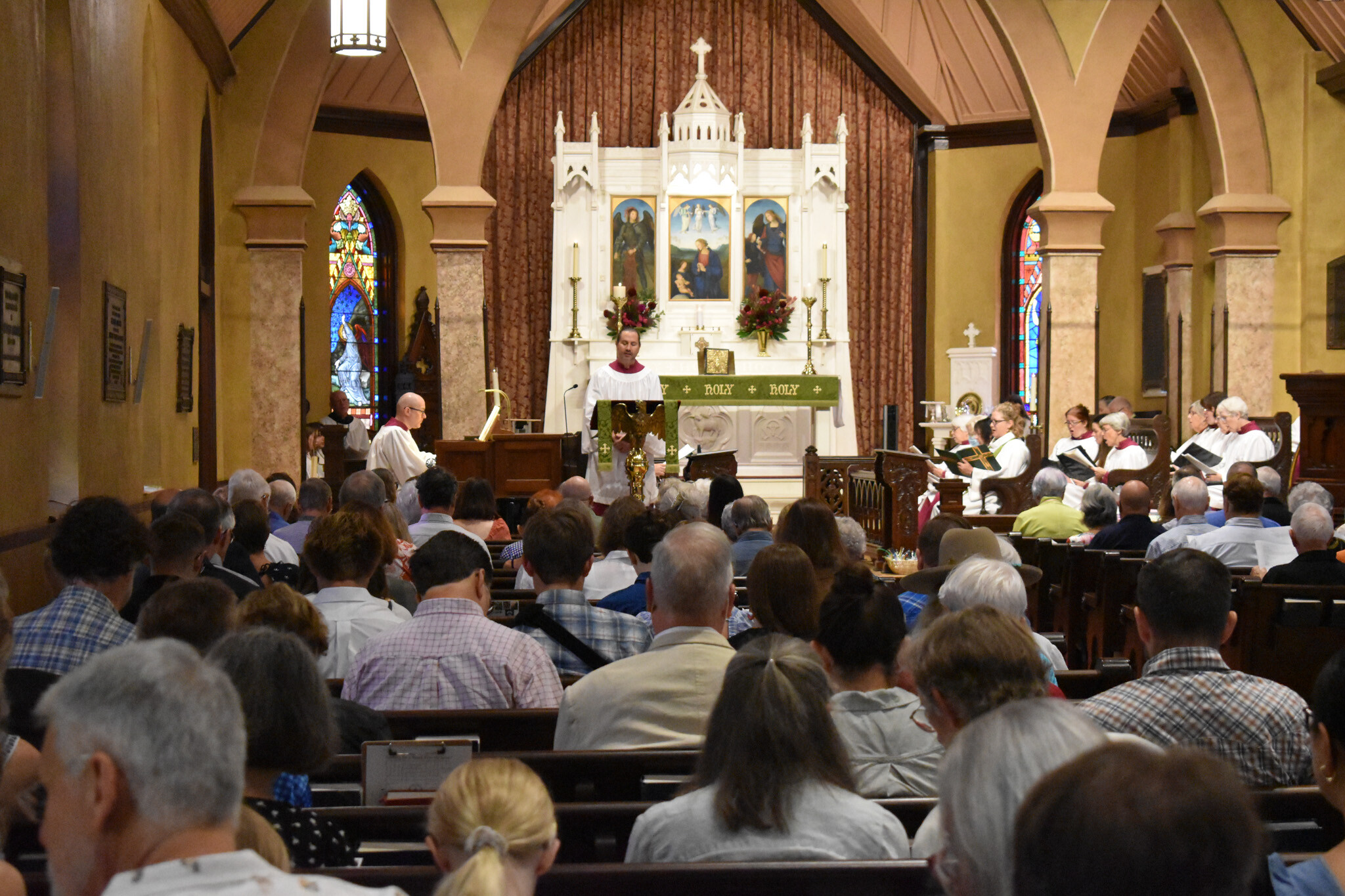
The tune ‘Rockingham’ sets two well-known hymns in our Hymnal; this Sunday we sing one of them at each service.
’Rockingham’, first published in its present form in 1790 (with five different metrical psalm texts – our Hymnal’s doubling-up of the tune is nothing new!), had its origins in a slightly earlier tune. Interestingly, that earlier tune was almost entirely syllabic, setting a text with alternating lines of ten and eleven syllables, anaepestic. By, among other things, combining the repeated pitches of the original into longer note values and joining other pairs of notes under slurs to set single syllables, a slightly stolid tune was turned into something altogether more mellifluous, now setting texts in Long Metre (four 8-syllable iambic lines).
Probably the text most closely associated with ‘Rockingham’ is ‘When I survey the wondrous cross’ [474], one of the best known of the hymns of Isaac Watts (1674–1748), the child prodigy and English Congregational minister who is generally considered the founder of modern English-language hymnody. This hymn refers to Sunday’s Epistle, in which the Apostle Paul writes to the Galatians – embroiled in a debate about whether Gentile Christians must keep Jewish law – ‘May I never boast of anything except the cross of our Lord Jesus Christ’. Watts pairs this allusion with one to Philippians 3, where Paul expounds a similar theme: though he had more reason than anyone to be ‘confident in the flesh’, nevertheless, he said, ‘Whatever gains I had, these I have come to regard as loss because of Christ...I regard everything as loss because of the surpassing value of knowing Christ Jesus my Lord’. This dedication to the person, the sufferings, and the merits of Christ, and the ardent desire to share in them, comes through clearly in Watts’s fine hymn. The 11:15 Offertory anthem, ‘Adoramus te Christe’ by Ludovico da Viadana (1564–1627), also picks up the theme of the cross: ‘We adore thee, O Christ... for by thy holy cross and passion thou hast redeemed the world’ (cf. the Good Friday Anthems, BCP 281).
At 9:00 the Epistle is not read and so ‘When I survey’ is not sung, but ‘My God, thy table now is spread’ [321], also set to ‘Rockingham’, is sung as the Offertory hymn. In fact this text as it now stands ends with a stanza also by Isaac Watts, taken from a metrical version of Psalm 19. The rest of the text derives from a hymn by Philip Doddridge (another eighteenth-century English Congregationalist minister) entitled ‘God’s Name profaned, when his Table is Treated with Contempt (Malachi 1.12)’. Doddridge was concerned, it seems from reading the stanzas now omitted, that more of his coreligionists would prepare for and partake of the Sacrament; the thrust of the present text is more evangelistic in nature.
‘Rockingham’ is one of two hymn-tunes (the other is ‘Richmond’, which in our Hymnal coincidentally sets another Doddridge text, ‘Hark! the glad sound!’ [72]) that form the basis of Sunday’s prelude by the important twentieth-century Dutch church composer Adriaan Schuurman. ‘Rockingham’ sounds first in the treble, then, after a key-change, in the tenor. It then moves to the bass voice, while ‘Richmond’ is introduced simultaneously in the treble. Further modulation ultimately returns to the original key, and the positions of the two tunes are reversed, ‘Rockingham’ sounding in a high treble register with ‘Richmond’ in the bass. Much chromatic harmony enriches – perhaps complicates – this final section, while triplet rhythms in the middle of the texture urge the piece to a triumphant conclusion.





Login To Leave Comment